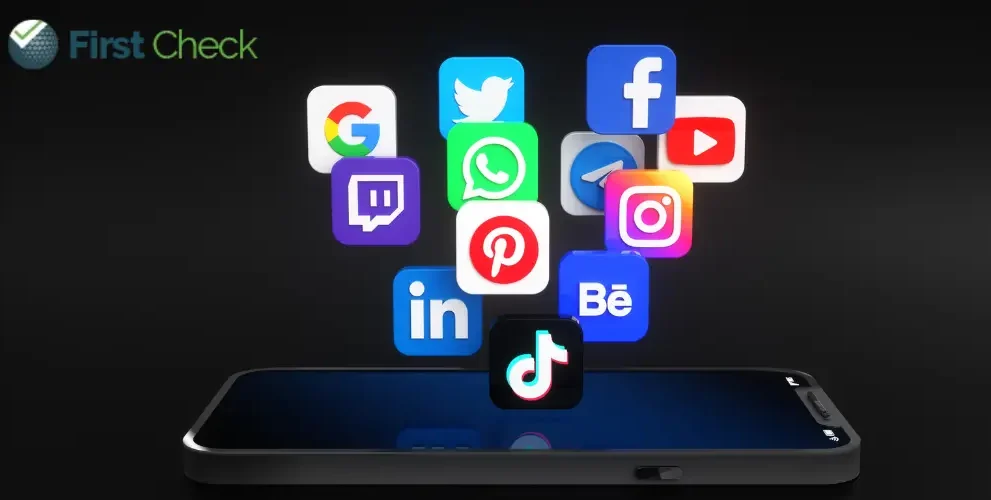Nutrition and fitness expert Layne Norton offers some sound advice on navigating false, misleading claims online.
While self-proclaimed health experts on social media platforms are some of the biggest perpetuators of health misinformation, there are also several qualified professionals, who share valuable information online on health and well-being. Layne Norton, a PhD holder in Nutritional Sciences, offers some sound, science-based advice on nutrition, exercise, fitness myths and more on Instagram. During a recent podcast, he shared some pro tips to spot misleading claims on social media.
Here are five tips by Layne to keep in mind while scrolling social media:
* Beware of absolutes. True experts shy away from using terms such as “best”, “worst”, “always”, “never”. These attention-grabbing words often fail to capture the complexity of a health issue. Genuine expertise acknowledges the diversity of problems and avoids presenting a single solution as a cure-all. Real experts understand the need for tailored solutions.
* When two experts disagree, it’s tempting to side with the one echoing our preexisting beliefs. But true discernment involves examining the evidence behind each claim, rather than the claim itself. Be conscious of your biases.
* Even specialists can fall prey to personal biases, highlighting that no one is immune to making outlandish claims. Critical thinking remains our most reliable guide.
*Titles and accolades don’t guarantee infallibility. Esteemed professionals can make baseless claims, reminding us that human error spares no one, regardless of their credentials.
*Finally, brilliance in one area doesn’t equate to wisdom across the board. Expertise is contextual, much like excellence in one musical instrument doesn’t automatically translate to another.
In essence, discerning credible health advice amidst the vast sea of information available on social media requires a keen eye for nuance, an understanding of the limitations of expertise, and a commitment to evidence over opinion. By embracing these principles, we can navigate closer to the facts and make sound health decisions.
Read More : Lessons in fighting health misinformation from Nigeria


